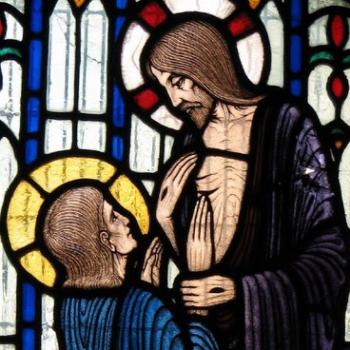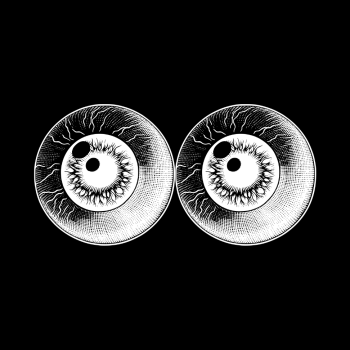A Piece of What Is to Come
For this reason, the Shabbat experience is referred to as a piece of the World to Come. The World to Come is the experience of a higher clarity, and Shabbat, if melacha is avoided, is a move in that direction.
Similarly, the times of Moshiach (Messiah), which Jews have been yearning for throughout the ages, is referred to as the time when all will be Shabbat. It is the time when the Pre-Creation clarity of God will be ever-present here in the Post-Creation world of nature and multiplicity.
People think that the time of Moshiach is one of peace and prosperity, and that is true. But most people lose sight of the reason for the peace and prosperity of Messianic times. It is not that people will simply drop all their weapons one day because they have concluded that war is a negative. Rather, there will be such a revelation of the clarity of God and our purpose in the world—such an experience of God's oneness—that all of humanity will want what is true and what is best, and will actually have agreement on what that is and how to achieve it.
Our Story
This is really the story of each of our lives. As individuals, we each go from a place of clarity, to a place of non-clarity, for the purpose of achieving a higher clarity. That is, each soul, as an aspect of God, was in a "place" of clarity before entering this world of physicality, multiplicity, and confusion. Then it was sent "down here" where it is engaged in all sorts of struggles and challenges and is searching for itself. However, when this human being acts as his true soul-self, even in this world where his true God-identity is not so apparent, it is specifically from this place of darkness that the greatest light shines.
Who Am I?
So, we refer to God as the Ultimate Good for setting up the world for the purpose of giving us the opportunity to achieve an Infinite identification, association, and relationship with Him. Yet the question lingers as to whether God is really the Ultimate Good since, after all, it is not as if God had an "opportunity" or struggle to do evil. And if God does not have that evil option, can we really say that God has the "capacity" to truly manifest goodness?
While at first glance, it may seem that the answer to this question is no, the Jewish answer to this question is yes. God can truly manifest goodness—this is the soul.
The soul is an aspect of God hidden from its true Self for the purpose of being that aspect of God that does struggle with opportunities and desires toward evil. Through the goodness that is accomplished by the human soul there is a manifestation of God unachievable otherwise, specifically because of the darkness and confusion inherent at the outset of the process.
The Purpose of Creation
This is what the story of creation and Shabbat is all about—going from the unity of Pre-Creation, to the fragmentation and multiplicity of the Post-Creation world, and getting back to the experience of Pre-Creation unity even from there. Ultimately, what we can look forward to as we move toward that time that is all Shabbat—the times of Moshiach—is a time when essays such as this will be met with scorn since, in the end, they are simply made up of words, and cannot do justice or come close to capturing the experience which we are trying to convey.





